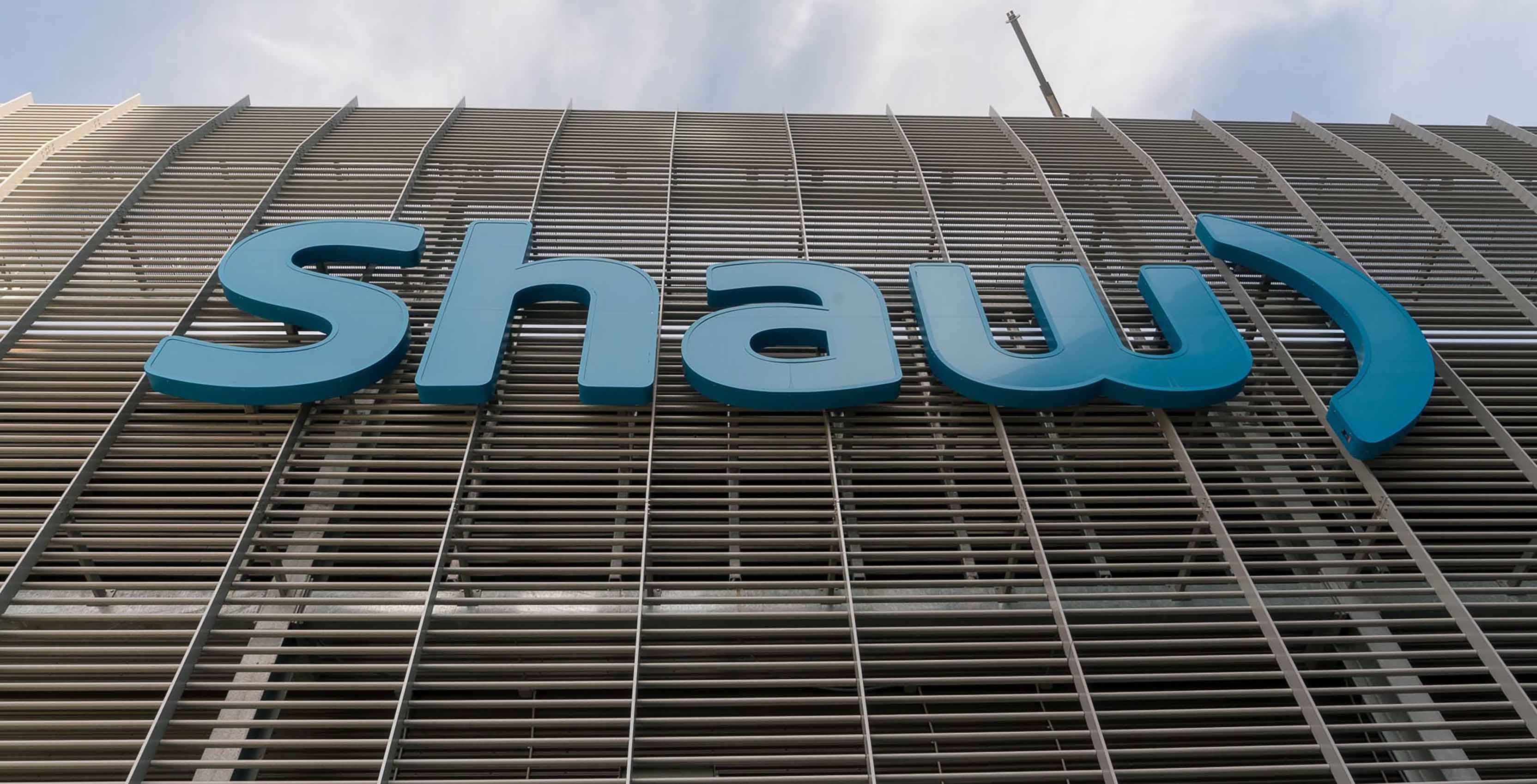
Regional carrier Shaw Communications said it will be impacted by a “one-time charge” of about $10 million CAD in its fourth-quarter results for 2019 because of the CRTC’s new wholesale rates for access to high-speed broadband networks.
“We cannot understand the CRTC’s rationale for drastically reducing the wholesale broadband rates available to third party internet resellers,” Shaw’s CEO Brad Shaw said in a press release. “In time, this decision will be seen as short-sighted, and have negative far-reaching consequences for consumers and for the future investment required to build network capacity in all parts of Canada.”
The Canadian Radio-television and Telecommunications Commission (CRTC) announced the new final rates last week and said that they are lower than the interim wholesale rates implemented in 2016, which were also set to foster competition at the time.
“The monthly capacity rates are 15 percent to 43 percent lower than the interim rates,” the CRTC said in the new decision.
“As for the access rates, they are three percent to 77 percent lower than the interim rates.” In 2016, the CRTC cut proposed rates for network access by up to 39 percent and reduced the rate for the transport of internet data by up to 89 percent.
It is important to note that the final rates will be applied retroactively, but that a decision on rates for fibre-to-the-home will be “forthcoming.”
“While the CRTC appears to be trying to use the reseller market as a primary source of broadband competition, it is ignoring the fact that the resale model relies on the investments of facilities-based providers like Shaw to create robust, fast and reliable networks for the future,” Shaw said.
The carrier said that it was reviewing its “future plans for capital expenditure and network deployment.”
Videotron also weighed in on the decision and “estimates retroactive costs of the rate cut at around $50 million.”
It too intends to take time to review the decision further to “assess all available options.”
The news comes shortly after Rogers said it would be impacted by $140 million, Cogeco said it would be impacted by $25 million, and Bell said it would be impacted by $100 million. Bell furthered its statement by indicating it would be scaling back on the rollout of wireless services to 200,000 rural homes.
Innovation, Science and Economic Development Minister Navdeep Bains said he was “disappointed” with Bell’s decision.
“This will not distract from our government’s commitment to connect every Canadian to affordable high-speed internet by 2030, and I am confident new competitors will step up to make these investments,” he said.
Updated 21/08/19: The article was updated with statements from Videotron.
MobileSyrup may earn a commission from purchases made via our links, which helps fund the journalism we provide free on our website. These links do not influence our editorial content. Support us here.


